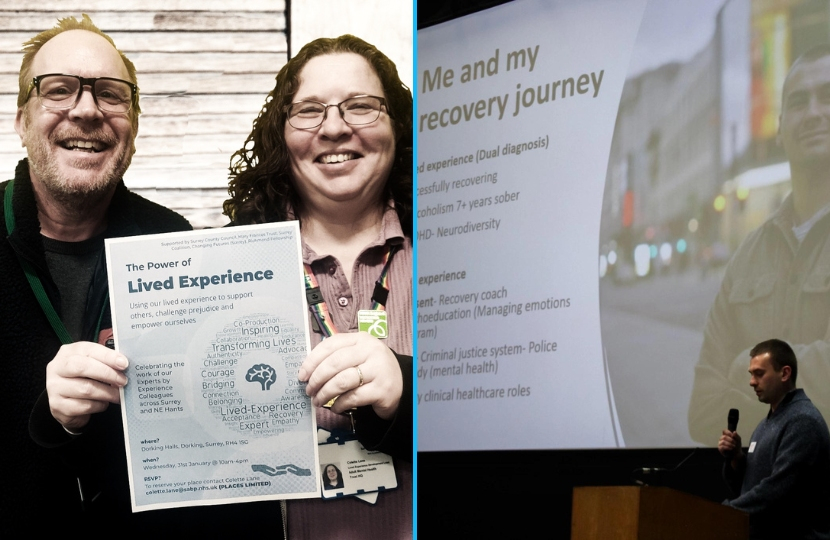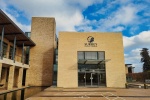
In a significant gathering that underscores the transformative power of personal experiences in shaping public services, the Lived Experience Conference recently held in Surrey brought together a fully-booked audience to delve into how individuals' journeys through mental ill health, homelessness, and substance abuse are informing and improving service delivery in Surrey and north east Hampshire. This pioneering event, the first of its kind in the area, saw over 120 participants engage with speakers who shared their compelling stories of overcoming adversity and how they are now leveraging these experiences as 'lived experience' practitioners within NHS Trusts, local councils, and third sector organisations.
The conference was orchestrated by Surrey and Borders Partnership NHS Foundation Trust in collaboration with Surrey County Council’s Changing Futures Programme and took place at Dorking Halls, Surrey. It highlighted the employment of Lived Experience volunteers and staff by both organizations, showcasing a commitment to integrating first-hand experiences into service development and delivery. The initiative also included contributions from various partner organisations such as the Richmond Fellowship, Mary Frances Trust, Guildford Action, and the Independent Mental Health Network, illustrating a broad coalition of support for the lived experience movement.
Colette Lane, Lived Experience Development Lead at Surrey and Borders Partnership, shared her personal transition from a teaching career to a role influenced by her own mental health challenges, underscoring the growth of 'lived experience' as a strategic focus within the Trust. Now employing over 70 individuals in roles that utilise their personal insights, the Trust aims to foster hope, inspire recovery, and thank those contributing their invaluable perspectives.
Jamie Poole, Lived Experience Project Manager for Changing Futures, emphasized the crucial balance between lived and learned experiences in providing support and driving change. His work, enriched by personal recovery and professional involvement across various sectors, illustrates the programme’s dedication to authentic co-production and the journey towards overcoming stigma and prejudice.
The conference not only celebrated the contributions of lived experience practitioners but also spotlighted the national Changing Futures Programme, which operates in 15 areas across the country. This ambitious initiative aims to improve outcomes for people facing multiple disadvantages by embedding the principle of involving those with lived experience in all aspects of service design, delivery, and evaluation. This national endeavour reflects a commitment to ensuring that services are not only designed to meet the needs of the most vulnerable but are also shaped by those who understand these challenges most intimately.
The Surrey event, therefore, stands as a beacon of the broader movement towards more inclusive and empathetic public service provision. By foregrounding the voices and experiences of those who have navigated complex challenges, the conference and the Changing Futures Programme together highlight a transformative approach to public services—one that values the insights gained from adversity as essential to crafting more responsive, effective, and compassionate support systems.

